34 Incredible Benefits Of Honey For Skin, Hair, And Health
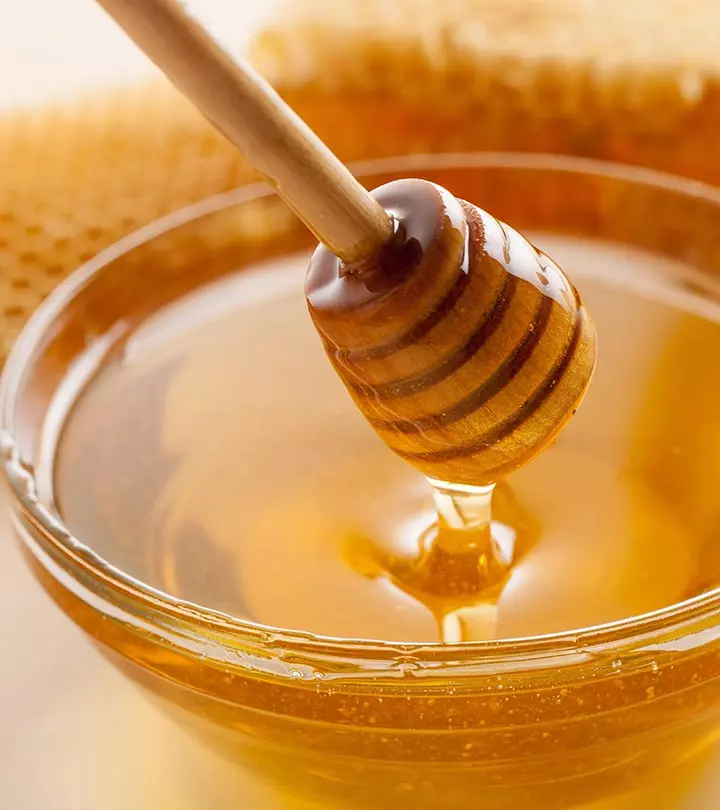
Image: Shutterstock
There is no one in this world who doesn’t like honey. At least, not many. It’s sweet. It adds great taste to your food. And it is far better than all those artificial sweeteners we dump into what we eat. And it has benefits. Well, a lot many. Which is what we will see in this post. Keep reading to find out all about the incredible benefits of honey.
In This Article
- Why Is Honey Good?
- What Are The Different Types Of Honey?
- Honey Vs. Sugar – Which Is Better?
- What About The History?
- What Are The Nutrients In Honey?
- What Are The Health Benefits?
- Benefits For The Skin
- What Are The Benefits For The Hair?
- How To Incorporate More Honey Into Your Diet?
- Any Recipes?
- Any Side Effects?
- Where And How To Buy Honey?
Why Is Honey Good?
Honey is also called ‘Shahad‘ in Hindi, ‘Thene‘ in Telugu, ‘Then‘ in Tamil, ‘Thean‘ in Malayalam, ‘Jenu‘ in Kannada, ‘Madh‘ in (Gujarati and Marathi) and ‘Madhu‘ in Bengali. In fact, given its prominence in mythology, it is also often called the nectar of the Gods.
Honey has been valued as a natural sweetener long before sugar became commercially available in the 16th century. And as we saw, it is a remarkable substance – replete with numerous nutrients essential for optimal health.
However, honey must be consumed in moderation as it is high in fructose (about 53 percent). One teaspoon of honey has about 4 grams of fructose, which means it can aggravate conditions like insulin resistance. So ensure your consumption is below 25 grams of fructose per day to avoid complications.
Though raw honey (or unpasteurized honey) is preferred in certain cases, some experts recommend against it. Certain studies also show that raw honey might lead to food poisoning.
The combination of honey and cinnamon can be healthier than honey alone. Since cinnamon can also fight against inflammation and cancer, combining it with honey can multiply the beneficial effects. This combination can also cut the risk of heart disease.
Some individuals feel taking honeycomb is the best way to ingest honey. Honeycomb is the purest and rawest of honey, and it has benefits for the liver and metabolism. But again, since it is raw, do exercise caution. Talk to your doctor first.
Even a combination of garlic and honey can offer great benefits. Simply combine 2 to 3 chopped garlic cloves with 1 tablespoon of honey and enjoy.
And now…
What Are The Different Types Of Honey?
Honey does come in different types. The most popular types are –
- Manuka
- Buckwheat
- Wildflower
- Alfalfa
- Blueberry
- Orange blossom
- Clover
Of these, Manuka honey is often considered the best.
Coming to an important question…
Honey Vs. Sugar – Which Is Better?
Though honey certainly has a better reputation, given the additional nutrients it contains, neither honey nor sugar must be taken in excess.
But honey is the better choice, any given day. You can replace sugar in your diet with honey. Just don’t go overboard.
Coming to the history…
What About The History?
Humans began hunting for honey about 8,000 years ago. And the oldest honey remains were found in Georgia – where archeologists found honey remains on the inner surfaces of clay vessels unearthed in an ancient tomb dating back to some 5,000 years.
Honey was extensively used in ancient Egypt and Greece. And as years passed, it also found its place in Ayurveda and traditional Chinese medicine.
Talking about the composition…
What Are The Nutrients In Honey?
| Nutrient | Average amount per 1 Tbsp. serving (21 g) | Average amountper 100 g | ||
| water | 3.6g | 17.1g | ||
| Total Carbohydrates | 17.3g | 82.4g | ||
| Fructose | 8.1g | 38.5g | ||
| Glucose | 6.5g | 31.0g | ||
| Maltose | 1.5g | 7.2g | ||
| Information for nutritional labeling* | ||||
|---|---|---|---|---|
| Total Calories (kilocalories) | 64 | 304 | ||
| Total Calories (kilocalories) (from fat) | 0 | 0 | ||
| Total Fat | 0 | 0 | ||
| Saturated Fat | 0 | 0 | ||
| Cholesterol | 0 | 0 | ||
| Sodium | 0.6 mg | 2.85 mg | ||
| Total Carbohydrates | 17 g | 81 g | ||
| Dietary Fiber | 0 | 0 | ||
| Protein | 0.15 mg | 0.7 mg | ||
| Vitamins | ||||
| Thiamin | 0.01 mg | |||
| Ribofl avin | 0.06 mg | 0.3 mg | ||
| Niacin | 0.06 mg | 0.3 mg | ||
| Biotin | N/A | N/A | ||
| Pantothenic Acid | 0.25 mg | |||
| Vitamin B-12 | N/A | N/A | ||
| Vitamin C | 0.1 mg | 0.5 mg | ||
| Vitamin D | 0 | 0 | ||
| Vitamin E | 0 | 0 | ||
| Minerals | ||||
| Calcium | 1.0 mg | 4.8 mg | ||
| Iron | 0.05 mg | 0.25 mg | ||
| Zinc | 0.03 mg | 0.15 mg | ||
| Potassium | 11.0 mg | 50.0 mg | ||
| Phosphorous | 1.0 mg | 5.0 mg | ||
| Magnesium | 0.4 mg | 2.0 mg | ||
| Selenium | 0.002 mg | 0.01 mg | ||
| Chromium | 0.005 mg | 0.02 mg | ||
| Manganese | 0.03 mg | 0.15 mg | ||
| Ash | 0.04 g | 0.2 g | ||
| *Contains less than 2% of the Daily Value for vitamin A, vitamin C, iron, and calcium | ||||
One teaspoon of honey contains about 21 calories and 6 grams of carbohydrates.
These wonderful nutrients are what offer some great benefits.
What Are The Health Benefits?
As it is high in beneficial plant compounds, it offers a lot of health benefits. Some of those include regulation of blood cholesterol and sugar levels and prevention of fatal diseases like heart ailment and cancer. Even the combination of honey and lemon has many therapeutic properties. And so does honey water.
1. Regulates Cholesterol Levels
In one study, intake of 70 g of honey for 30 days showed a reduction in cholesterol levels by 3 percent. Another study showed a reduction of 8 percent. More interestingly, honey was also found to increase the levels of good cholesterol.
As per one German study, women might benefit by substituting honey for sugar in their diet (in terms of total cholesterol levels) (1). And according to another BBC report, honey can fight cholesterol (2). The antioxidants in honey can protect the body against damage from free radicals.
Honey can also enhance the effects of an existing heart-healthy diet and regulate cholesterol levels. One smart way of including honey in your diet is using it in the place of sugar (3).
2. Helps Treat Cough And Cold
Research suggests that honey could be an effective cough suppressant. In one study, honey was also found to reduce nighttime coughing and improve sleep in kids. The study also stated that honey could be as effective as dextromethorphan, a common ingredient in cough suppressants. However, do be aware of botulism, a serious form of food poisoning that affects kids under the age of 1 (4). Consult your doctor before giving honey to your kid for cough or cold.
In another study, children who were given honey coughed less frequently and less severely (5). Also, go for darker honey than the lighter one – as studies show the former contains more antioxidants. Another study suggests that a spoonful of honey can help a coughing child sleep.
A mixture of warm lemon water with honey can help cure cold too – it clears the congestion in the throat and even prevents dehydration (6). Taking honey was also found to shorten a cold by 2 days (7).
3. Maintains Blood Pressure
One study published in 2011 suggested that honey had a protective effect against high blood pressure. The desirable effects were noticed in rats fed with excess calories.
Another Malaysian study had also come up with similar findings (8).
4. Heals Burns And Wounds
In wounds and especially burns, early application of honey has been found to mop up the free radicals and cut the risk of scarring and contractures (deformity or rigidity of joints) (9). In the case of minor burns, you can first pour tap water right away, and once the temperature has come down, you can apply honey to the affected area.
Another study suggests that honey can be a viable treatment for wounds. This can be attributed to the anti-infectious property of honey. Honey had also acted favorably on wounds when most other antibacterial therapies had failed. Honey has also been found to increase the rate of healing (10). Honey dressings were also found to make the wound sterile in less time (11).
Honey can also aid in the treatment of ulcers and chronic wounds (12).
5. Improves Heart Health
The antioxidants in honey protect the heart. Honey also reduces the formation of conjugated dienes, which are compounds created through oxidation, and which are related to the bad cholesterol in the blood. This, by default, improves heart health.
Honey was also found to reduce the formation of plaques that otherwise narrow arteries and cause heart attacks (13). Even the polyphenols in honey have a role to play in heart health. Numerous studies have shown that an increased intake of polyphenols can reduce the risk of cardiac disease (14).
6. Cuts Diabetes Risk
In case you are wondering if diabetics can consume honey, here’s your answer. The glycemic index of honey can range anywhere between 45 to 64, which is moderate.
Numerous studies have found that honey intake elevates insulin levels and reduces blood sugar. Honey was also found to decrease fasting serum glucose (glucose levels after fasting for at least 8 hours). It also can increase fasting C-peptide, a compound that helps stabilize and equal out insulin. However, the studies recommend caution with consumption of honey. Which means you can add about half a teaspoon of honey to your tea or oatmeal or plain yogurt.
Consumption of honey was also found to have beneficial effects on the body weight and blood lipids of diabetic patients, according to an Iranian study (15). In another study, anti-diabetic drugs, when combined with honey, produced more beneficial effects in diabetic patients (16).
Certain other studies state that there is no significant difference between honey and sugar when it comes to having a negative impact on blood sugar levels. Hence, do talk to your doctor before intaking honey for this purpose (17).
7. Cures Toothache
As per one international journal, honey can cure toothache (18). Other than that, there is not much research substantiating the statement. Hence, talk to your dentist regarding this.
8. Can Help Fight Cancer
The phenolic compounds in honey were found to have anticancer properties and can help prevent various types of cancer. Honey also exhibits anti-inflammatory activity, which also makes it one of the best foods for preventing cancer. Honey even modulates the body’s immune system, making it further effective in cancer treatment (19).
Honey also possesses antiproliferative properties that prevent cancer from spreading further. More interestingly, honey works selectively – it tends to destroy cancer cells while leaving the healthy cells undamaged (20).
Some research suggests against taking raw honey during cancer treatment and instead recommends the intake of heat-treated honey (21). Check with your doctor.
Fun Honey Fact: Honey is made of 80% sugar and 20% water. And 1 tablespoon contains 64 calories.
9. Relieves Acid Reflux
Since honey is rich in antioxidants, and since it can fight free radicals, it can relieve acid reflux (as the condition in part is caused by free radicals damaging the cell lining of the digestive tract). Honey might also work towards treating inflammation in the esophagus. And its texture helps coat the mucous membrane of the esophagus.
Honey has also been found to promote faster healing in patients with oral mucositis. It can also be used to treat reflux esophagitis along with conventional treatment (22). Honey can even soothe a sore throat, and it is usually added to warm herbal tea and consumed to heal the condition.
Certain studies state that honey, mostly consisting of sugar, can promote acid production and worsen acid reflux symptoms. Hence, we suggest you talk to your doctor first before taking honey for this purpose.
10. Treats Gastric Issues
The antioxidant and antimicrobial properties of honey can help treat a wide range of gastric issues. You can also mix honey with lemon juice (both in warm water) for better effects.
Other studies prefer manuka honey over other honey types. This is because most types of honey usually generate hydrogen peroxide, which is an antibacterial agent – but becomes ineffective once it is diluted in stomach fluids. However, manuka honey contains an additional antibacterial agent called methylglyoxal, which might retain its antibacterial properties in the digestive tract – thereby treating gastric issues.
A spoon of raw honey can also prevent excessive stomach gas. Honey can also inhibit the harmful effects of mycotoxins (toxic substances produced by fungus) and improve the health of gut bacteria. This also helps prevent any gastric issues (23).
Manuka honey also exhibits anti-inflammatory activities that can heal acid-induced gastric ulcers (24).
11. Treats Allergies
One theory suggests that intaking honey is similar to ingesting pollen, which basically makes the individual less sensitive to pollen – and as a consequence, experiences fewer allergy symptoms.
A study has found that a high intake of honey over a period of 8 weeks can improve a person’s allergy symptoms (25). However, there is something to take note of. Local pollen, as per research, can hardly cause allergies. But honey can help in certain cases.
Another piece of research suggests honey to be just a sweet placebo (we wish we didn’t tell you that). But you still can go ahead and include it in your diet – it doesn’t usually result in any allergic symptoms, whatsoever (26). Another study published in The New York Times also states similar findings – there are not many studies that portray honey as an allergy-healing agent (27).
12. Fights Infections
The antibacterial activity of honey can play a role in treating infections. Honey maintains a moist wound condition, and its high viscosity provides a protective barrier that prevents infection. In fact, honey has been in use since ancient times to treat infected wounds (28). But it is important that honey can be used only as a supplement and not as a replacement. The use of honey can be considered only if other therapeutic procedures on the infection have failed (29).
Other research says that the bacteria found in honey can help treat infections. These bacteria can be used as an alternative to antibiotics. In studies, these bacteria in honey (which originated inside the stomachs of honeybees) were found to be effective against yeast and other forms of bacteria present in human wounds.
13. Boosts Energy
Pure honey contains small amounts of enzymes, proteins, minerals, and amino acids – which can contribute to an individual’s overall energy levels.
Also, the sugars in honey give more energy (and are healthier) than those in artificial sweeteners. One study has also shown that honey can be effectively used in the place of glucose for replenishing energy levels during physical exercise (30).
14. Boosts Immunity
Honey, especially manuka honey, contains more of methylglyoxal, the compound that is responsible for honey’s antibacterial activity. This compound can also contribute to enhanced immunity.
The compound also stimulates the production of cytokines, which are messengers secreted by your immune cells to organize immune responses.
15. Helps Treat Tonsillitis
Data suggests that manuka honey can be a promising remedy for tonsillitis. This is because of its high methylglyoxal content that kills the Streptococcus bacterium, which is responsible for tonsillitis.
Warm water with honey can be a good treatment for tonsillitis (31).
16. Aids Weight Loss
The unique combination of natural sugars in honey can make it an ideal weight loss food. Substituting sugar with honey during the day and taking a spoonful of honey with a hot drink before bed can shut down the sugar cravings in your brain. Studies have also shown that the sugars in honey behave in a different way than white sugar (32).
[ Read: 4 Simple Ways To Use Honey And Warm Water For Weight Loss ]
17. Promotes Sleep
Though concrete studies haven’t been done yet, preliminary research shows that a tablespoon of honey right before bed can promote sound sleep – probably because it keeps liver glycogen full (if glycogen stores in the liver are depleted, the liver starts breaking down fat and protein to form glucose for energy, and this entire process can keep one from falling asleep soon).
18. Treats Nausea
Mixing lemon juice with honey can help treat nausea and prevent vomiting. Even taking one tablespoon of apple cider vinegar along with honey (and mixing it with cold water) before going to bed can treat the condition.
Fun Honey Fact: Honey is the only food source for humans that is produced by an insect.
19. Relieves Hangover
The fructose in honey is required by the body to break down alcohol into harmless by-products. You can also spread honey on a toast – doing so adds potassium and sodium to your meal, and this helps the body cope with alcohol (33).
The fructose in honey also helps your body metabolize and burn off the alcohol in your system. And according to a Chinese study, honey has anti-intoxication effects. The fructose in honey can help reduce the concentration of alcohol in the blood (34).
20. Improves Nail Health
Though there is inadequate evidence, one study suggests that honey might improve nail health and help treat toenail fungus (35).
21. Treats Asthma
Honey can help treat coughing and the related wheezing during asthma. It even soothes the mucus membranes in the airways – the accumulation of mucus in the bronchial tubes is one of the major symptoms of asthma (which honey can ease).
Another study states that honey can be a promising treatment for asthma (36).
22. Relieves Anxiety
Since honey can promote better sleep, it can be a good treatment for insomnia – which is one of the symptoms of anxiety. Research has shown that drinking warm tea with honey before bedtime can help relieve anxiety.
The nutrients in honey also produce a calming effect, especially when you take it in significant amounts. And in addition to reducing anxiety, taking honey can also improve spatial memory in middle age (37).
23. Reduces The Harmful Effects Of Smoking
One study has found that intake of honey can reduce the testicular damage caused by cigarette smoking. It also combats the resultant oxidative stress (38).
Some experts say that honey can also help one quit smoking – though we need more research in this regard.
Fun Honey Fact: One honeybee has to fly about 90,000 miles (or three times around the world) to make one pound of honey.
Benefits For The Skin
Applying honey on your face every day can have great benefits. Using a honey mask can aid in treating acne and dark spots. It also treats other issues like dry skin.
24. Fights Acne
Honey absorbs the impurities from the skin pores and acts as a cleansing agent. And since it is a natural antiseptic, it also soothes and heals your skin. You have to simply apply honey on your face in a thin layer so that it doesn’t drip all over your neck. Leave it on for about 30 minutes, after which you can wash your face with normal water.
But ensure you do a patch test before applying honey to your face as some individuals are allergic to honey. Apply a small amount on your jaw and leave it on for 30 minutes. If there is no reaction, you are good to go.
Also, it is important to know that honey can treat your acne only if it is caused by bacterial infections.
[ Read: How To Use Honey To Remove Acne At Home ]
25. Helps Treat Wrinkles
Honey is a natural humectant, which means it moisturizes the top layers of the skin. This extra moisture can help improve wrinkles. It also soothes dry, irritated, and sensitive areas. Also, honey’s antioxidant properties help delay skin aging.
For an anti-aging honey mask, you can mix a tablespoon of honey with an equal amount of papaya, whole milk, or yogurt. Apply the mixture on your face and leave it on for 30 minutes. You can also massage the mixture as you apply it as doing so improves blood circulation and tightens the skin. Remove the mask with warm water and pat your skin dry with a washcloth.
Honey also makes the skin smooth and hydrated, reducing wrinkles and fine lines. However, honey masks are not a permanent cure for wrinkles. Also, not all kinds of honey masks would work the same way for all. So check with your doctor and try what suits you the best.
26. Fades Acne Scars
Since honey is a natural moisturizer, it might aid in the treatment of acne scars. However, there is no concrete research to substantiate this.
27. Softens Chapped Lips
Using just pure honey on the lips can help with this. Just dab some honey on your lips before going to bed and leave it on overnight. The honey is absorbed into the skin and makes your lips smooth and supple with daily application.
Honey can also work well for cracked lips. But do contact your doctor first as using honey on the lips and leaving it on overnight carries the risk of botulism.
28. Treats Dry Skin
The combination of honey and yogurt can help treat dry and flaky skin. Both have antibacterial properties that deeply cleanse the skin. And honey, being rich in antioxidants (and also a humectant), improves moisture levels of the skin.
Mix 1 tablespoon of unsweetened and unflavored yogurt with 1 tablespoon of honey. Spread the mixture onto your face and keep it on for 15 minutes. Rinse with warm water.
29. Cleanses Skin
Honey helps remove dirt and grime from the skin. And it does it without stripping the natural oils. Just take about half a teaspoon of honey on your fingers. Warm it by rubbing between your fingers. You can also add a few drops of water for the desired consistency. Spread gently over your face and rinse with warm water. Pat your face dry. You can then use a toner to get the best results.
Fun Honey Fact: Honey is a Hebrew word, and it means ‘enchant’.
30. Eliminates Warts
Manuka honey can work great for this purpose. You just have to apply a thick layer of honey on the wart and keep it on for 24 hours.
31. Helps Whiten The Skin
Honey might help whiten your skin in numerous ways. Its antibacterial properties soothe inflammation and defend the skin from germs. It also moisturizes skin.
Using honey along with yogurt can work well. Mix 1 tablespoon of fresh yogurt with 1 ½ tablespoons of honey. Apply the mixture on your face and leave it on for 15 minutes. Wash off with warm water. Repeat daily.
What Are The Benefits For The Hair?
The properties of honey help deal with numerous scalp issues. Honey might also promote hair growth.
32. Promotes Hair Growth
Though there is little evidence on this, there is no harm in giving it a try. You can combine honey with olive oil for preventing hair loss and strengthening hair. Simply heat the olive oil until it is warm. To this, add 2 tablespoons of honey (you can also add one egg white). Mix well and smooth this mixture through wet hair. Leave it on for about 15 minutes, and then shampoo your hair as usual.
This mixture can also treat dry hair.
33. Removes Dandruff
Raw honey can work better for this. Just mix raw honey with water (in a 9:1 ratio). Massage this solution into your scalp and leave it on for about 3 hours. Repeat once a week.
34. Cleanses Scalp
Mix 1 tablespoon of raw honey with 3 tablespoons of filtered water. Wet your hair and massage a few drops of this mixture into your scalp. Rinse well. Follow with conditioner.
The benefits of honey are great. But there is something more about honey you must know – how you can include more of it in your diet.
How To Incorporate More Honey Into Your Diet?
Making honey a part of your daily diet is quite simple.
- You can simply add honey as a salad dressing.
- You can add honey to your tea in the place of sugar.
- You can also have honey and milk before bedtime, and make it a ritual.
Or you can try these delicious recipes…
Any Recipes?
1. Honey Syrup
What You Need
- 1 ½ cups of honey
- ½ cup of water
- ½ teaspoon of grated lemon zest
- ¼ cup of fresh lemon juice
Directions
- Combine all the ingredients in a saucepan.
- Cook over medium heat until it boils. Stir occasionally.
- Keep boiling until the mixture is reduced to a fourth.
- Pour the warm syrup over your cake a few minutes before serving.
2. Basil Honey Mango Sorbet
What You Need
- 1 cup of frozen mango chunks
- ½ teaspoon of honey
- ¼ cup of water
- 4 basil leaves
Directions
- Combine all the ingredients and blend until you achieve the desired consistency.
- You can garnish with more basil leaves, if desired.
Another simple recipe is a combination of ginger, lemon, and honey. Just mix the three in water and drink the liquid. It can do wonders for your health if taken daily, either in the morning or evening.
The benefits of honey could be as sweet as its taste. But one must also know its side effects, right?
Any Side Effects?
- Allergies
People who are sensitive to celery, pollen, or other bee-related allergies must stay from honey. Allergic reactions to honey include hives, inflammation of the lip or tongue, shortness of breath, voice changes, and wheezing.
- Other Side Effects
Honey can also cause abnormal heart rhythm, blurred vision, drowsiness, diarrhea, fatigue, fever, and even honey intoxication in certain individuals. Honey might also increase the risk of bleeding.
- Issues In Pregnant And Breastfeeding Women
There is insufficient evidence on honey usage during pregnancy or breastfeeding. Honey might contain contaminants that can cause harm. Hence, it is best to avoid its use if you are pregnant or breastfeeding.
And if you are wondering…
Where And How To Buy Honey?
Simply walk into your nearest supermarket. You can also buy honey online.
Conclusion
We all like it anyway, don’t we? Let’s make honey a regular part of our routine. Of course, when it is going to do you good, why not?
Tell us how this post has helped you. Do comment in the box below.
Frequently Asked Questions
What is good quality honey?
Honey that is not blended with other substances (like corn syrup) is considered good quality honey. Good quality honey must also have a water content of not more than 18 percent.
Is honey good for babies?
Not for babies less than a year old. For older babies, it could be good. But consult your doctor.
Which honey is the best?
Manuka honey is usually considered the best.
Is black tea with honey beneficial for weight loss?
Could be. However, there is less research on this.
Does honey make hair white?
For honey to make your hair white, it must produce high amounts of hydrogen peroxide (due to enzyme synthesis). And hydrogen peroxide is a bleaching agent. But honey, when used normally, doesn’t produce as much hydrogen peroxide. So it doesn’t cause your hair to turn gray or white with normal usage.
References:
- “Effect of honey on serum cholesterol and lipid values”. University Hospital Giessen and Marburg, Germany. 2009 June.
- “Honey and nuts fight cholesterol”. BBC News. 2002 August.
- “Honey, Almonds Lower Cholesterol”. WedMD. 2002 August.
- “Honey: An effective cough remedy?”. Mayoclinic.
- “Mom Was Right: Honey Can Calm a Cough”. WebMD. 2012 August.
- “Cold remedies: What works, what doesn’t, what can’t hurt”. Mayoclinic.
- “A sticky remedy: Eating honey shortens colds by two days”. 2009 May. Dailymail.
- “Honey Supplementation in Spontaneously Hypertensive Rats…”. Universiti Sains Malaysia, Kelantan, Malaysia. 2012 January.
- “Topical Application of Honey for Burn Wound Treatment…”. Bharati Vidyapeeth University Medical College and Hospital, Maharashtra, India. 2007 September.
- “Up-to-date use of honey for burns treatment”. The “Carol Davila” Medical University, Bucharest, Romania. 2014 March.
- “Honey Dressing Versus Silver Sulfadiazene Dressing…”. MGM Medical College and MY Hospital, Indore, Madhya Pradesh, India. 2011 December.
- “Honey for wound healing, ulcers, and burns…”. Life Support Technology Group, New York, USA. 2011 April.
- “Honey may fight heart disease”. Dailymail.
- “The Potential Role of Honey and its Polyphenols in Preventing Heart Diseases”. Universiti Sains Malaysia, Kelantan, Malaysia. 2010 July.
- “Effects of natural honey consumption in diabetic patients”. Medical Sciences/University of Tehran, Tehran, Iran. 2009 November.
- “Effect of honey in diabetes mellitus: matters arising”. Universiti Sains Malaysia, Kelantan, Malaysia. 2014 January.
- “I have diabetes, and I’m wondering if I can substitute honey for sugar in my diet?”. Mayoclinic.
- “Honey as complementary medicine”. International Journal of Pharma and Bio Sciences.
- “Honey as a Potential Natural Anticancer Agent”. Universiti Sains Malaysia, Kelantan, Malaysia. 2013 December.
- “Effects of Honey and Its Mechanisms of Action on the Development and Progression of Cancer”. Molecules, US National Library of Medicine.
- “Safe eating during cancer treatment”. US National Library of Medicine.
- “Honey – A nutrient with medicinal property in…”. MGM Medical College, Kamothe, Navi Mumbai, India. 2013 December.
- “Effect of dietary honey on intestinal microflora…”. National Research Center, Giza, Egypt. 2006 March.
- “Manuka Honey Exerts Antioxidant and Anti-Inflammatory…”. King Abdulaziz University, Saudi Arabia. 2017 January.
- “Ingestion of honey improves the symptoms of allergic rhinitis…”. International Islamic University Malaysia, Pahang, Malaysia. 2013 October.
- “Ingestion of honey improves the symptoms of allergic rhinitis: evidence from a randomized placebo-controlled trial in the East Coast of Peninsular Malaysia”. Annals of Saudi Medicine, US National Library of Medicine
- “Eating Local Honey Cures Allergies”. 2011 May. The New York Times.
- “Honey: its medicinal property and antibacterial activity”. KPC Medical College and Hospital, Kolkata. 2011 April.
- “Honey in the management of infections”. University of Miami School of Medicine, Miami, Florida, USA. 2003.
- “Nutraceutical values of natural honey…”. Olabisi Onabanjo University, Nigeria. 2012 June.
- “Tonsillitis”. Mayoclinic.
- “The honey diet: Drop a dress size for the party season by having a spoonful of honey”. Dailymail. 2013 December.
- “Secret to a smooth hangover – honey on toast”. The Telegraph. 2010 December.
- “Honey reduces blood alcohol concentration…”. Fujian Agriculture and Forestry University, China. 2015 July.
- “Wound care with traditional, complementary and alternative medicine”. Universiti Sains Malaysia, Malaysia. 2012 August.
- “Inhalation of honey reduces airway inflammation…”. Universiti Sains Malaysia, Malaysia. 2014 May.
- “The effects of long-term honey, sucrose or sugar-free diets…”. Waikato University, Hamilton, New Zealand. 2009 June.
- “Antioxidant Protective Effect of Honey in Cigarette…”. Universiti Sains Malaysia, Malaysia. 2011 August.
Read full bio of Ravi Teja Tadimalla




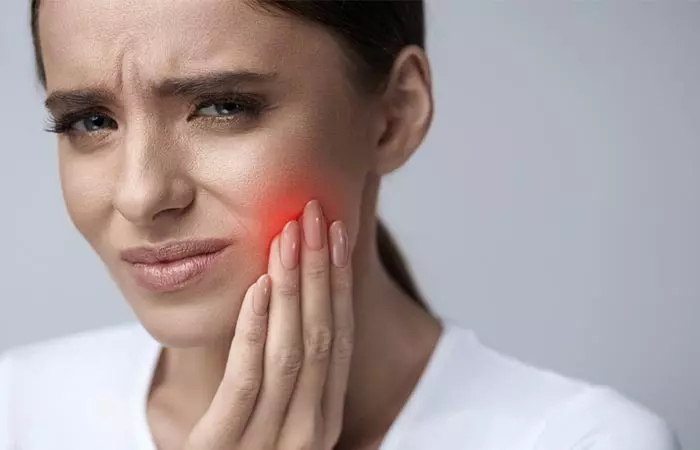
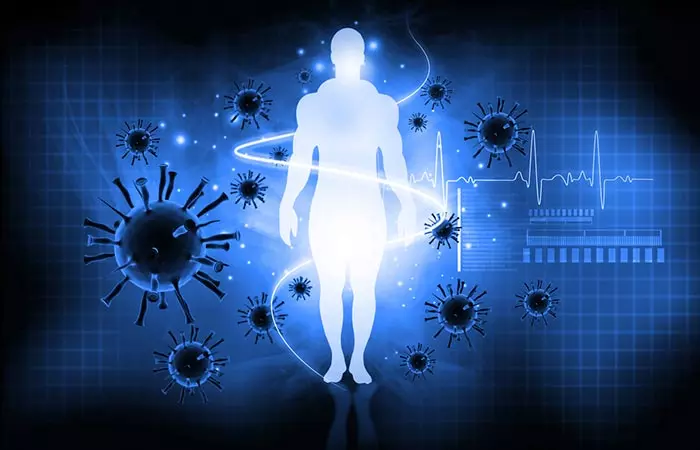





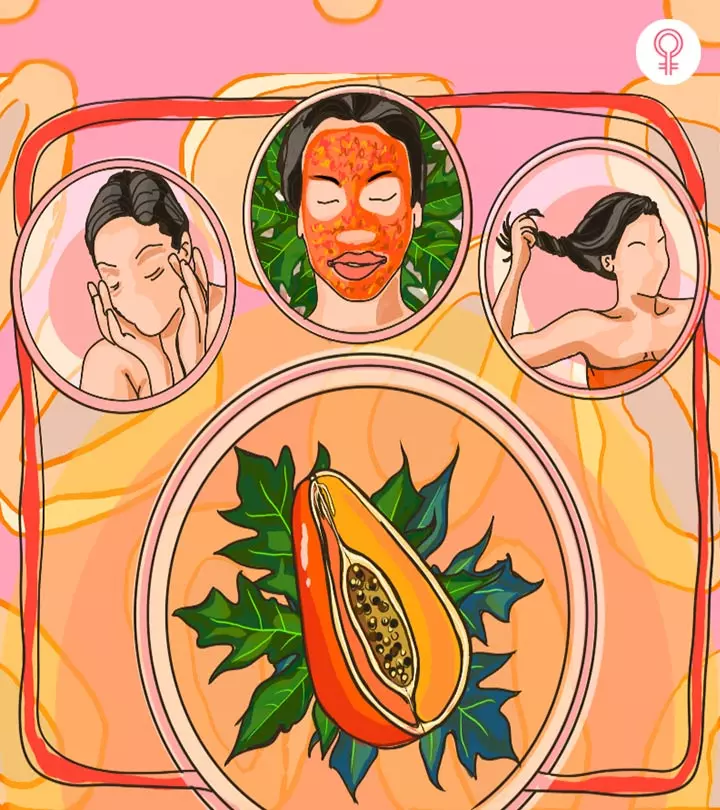
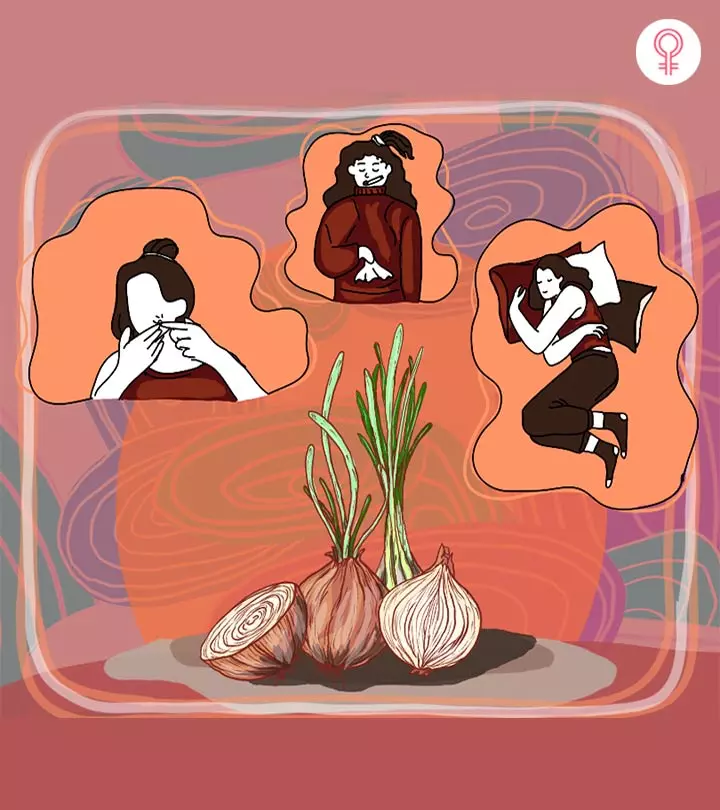


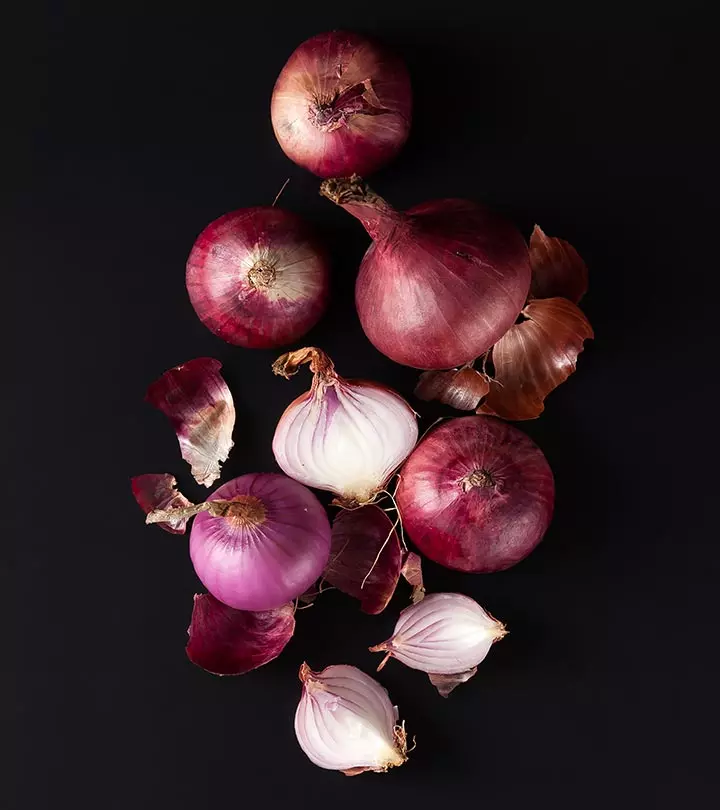
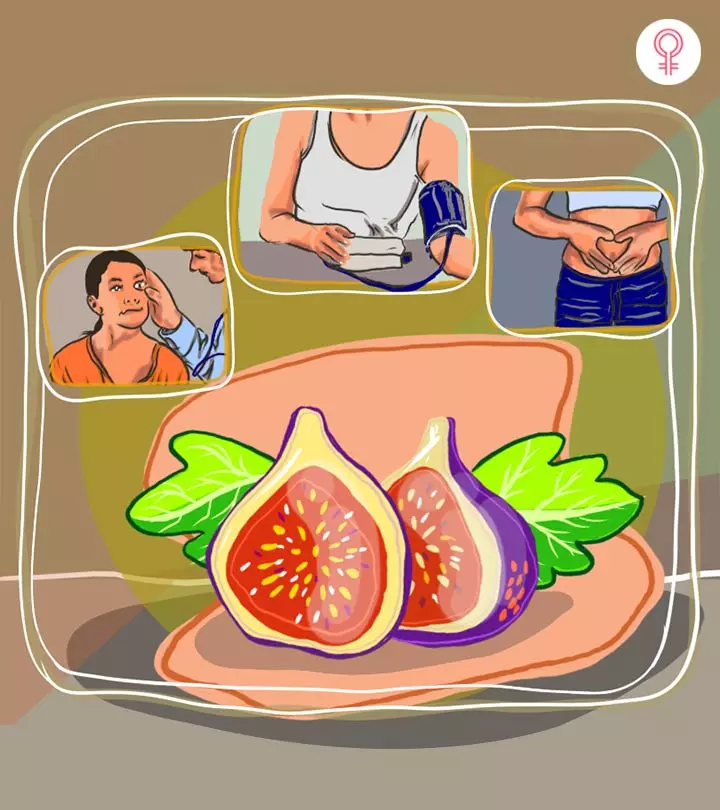


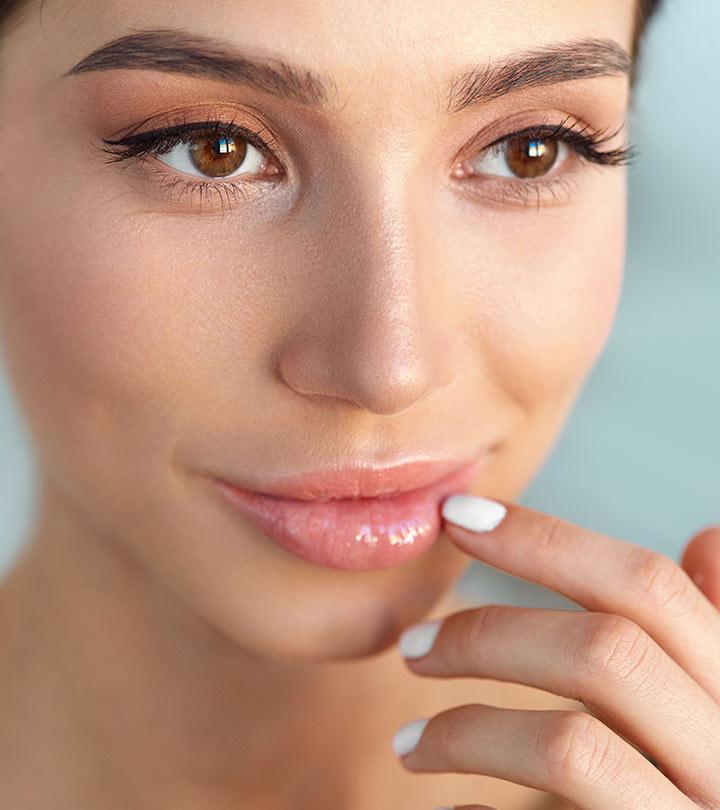
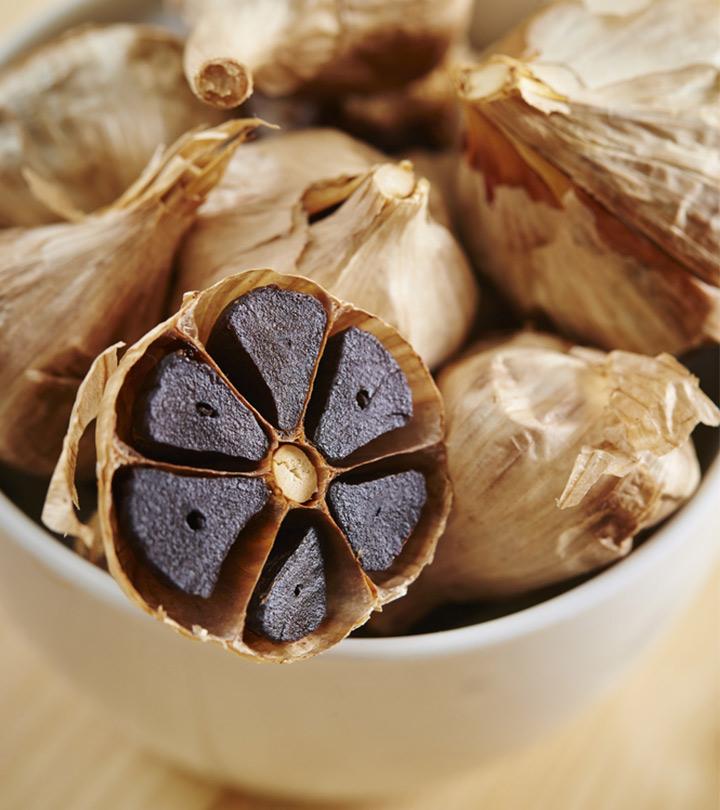
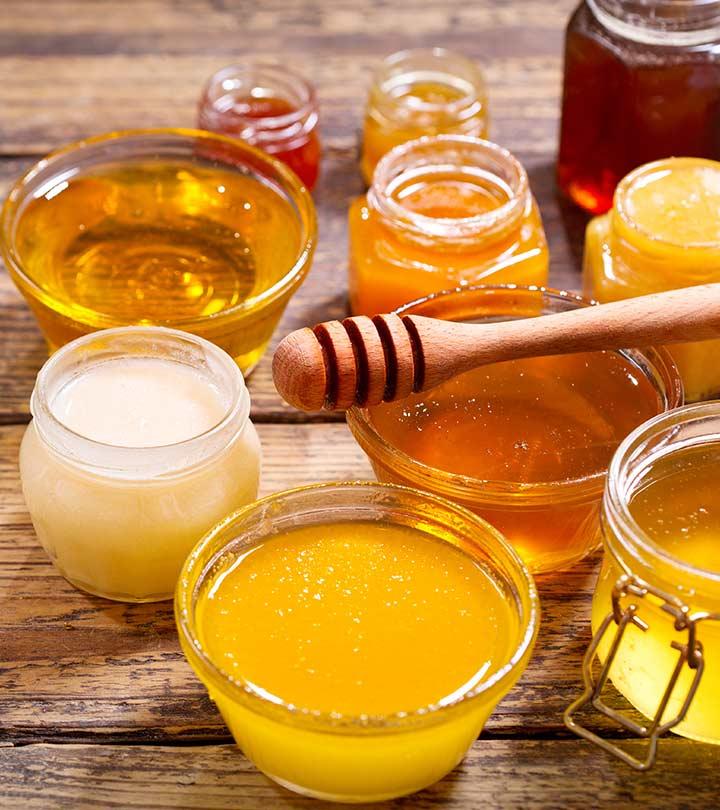
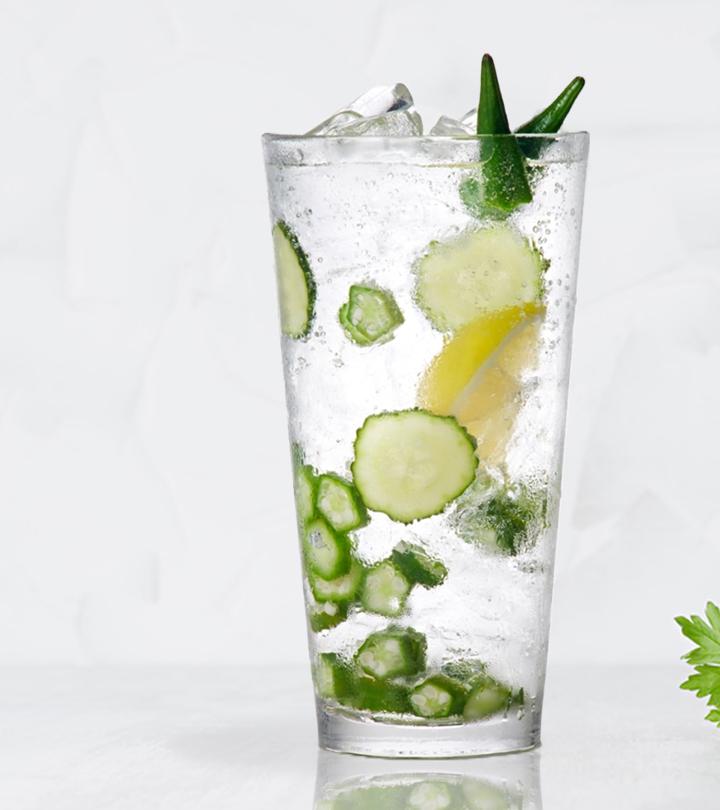
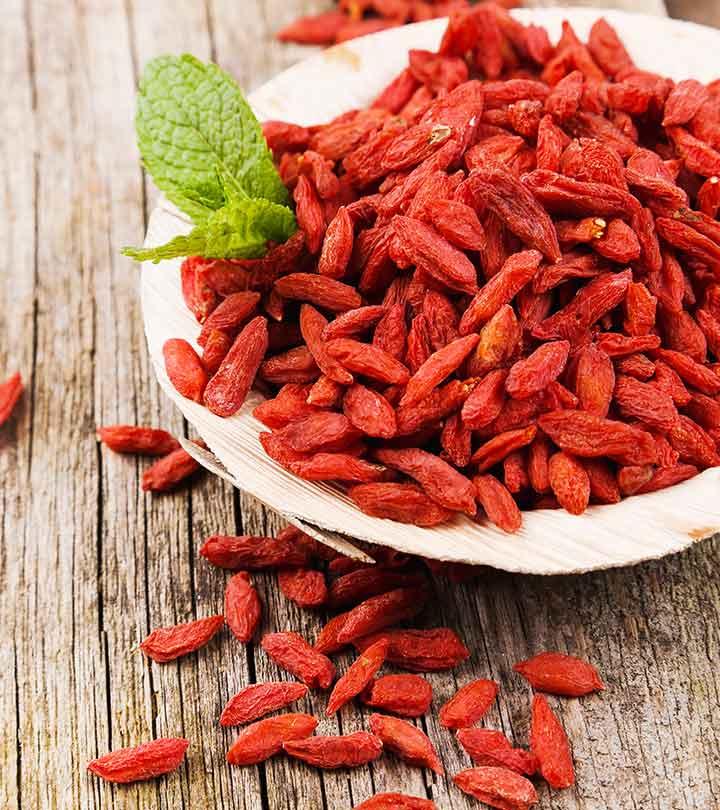
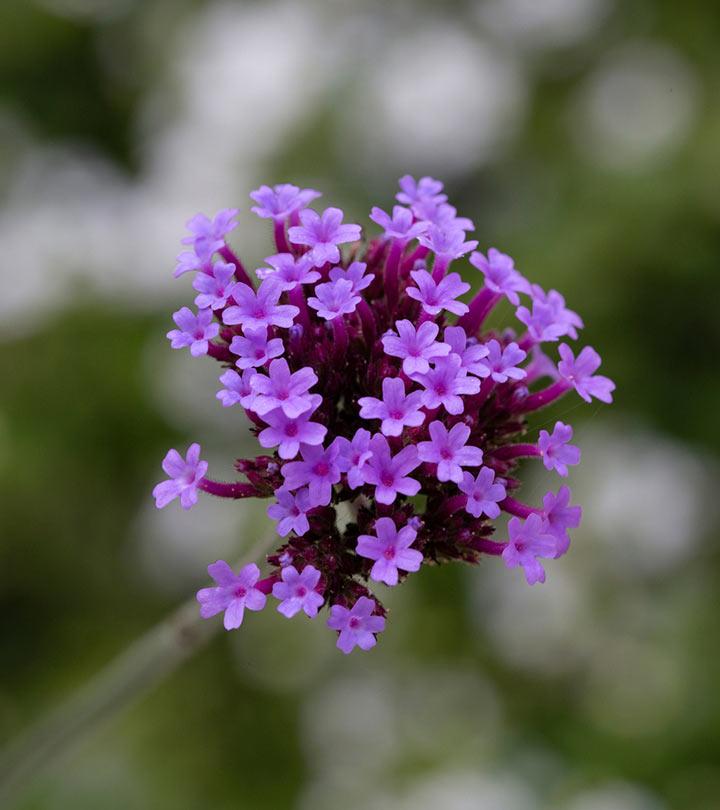
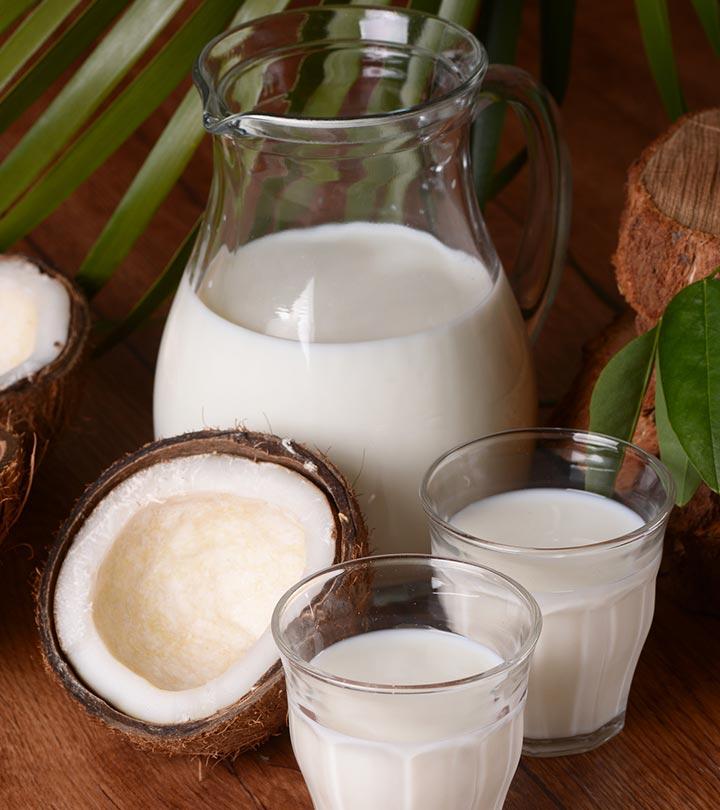
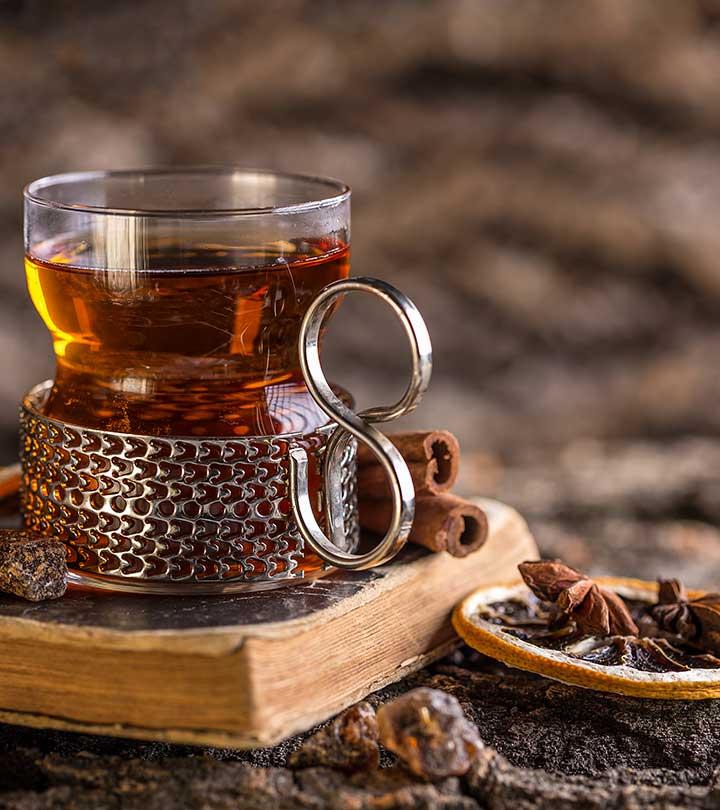
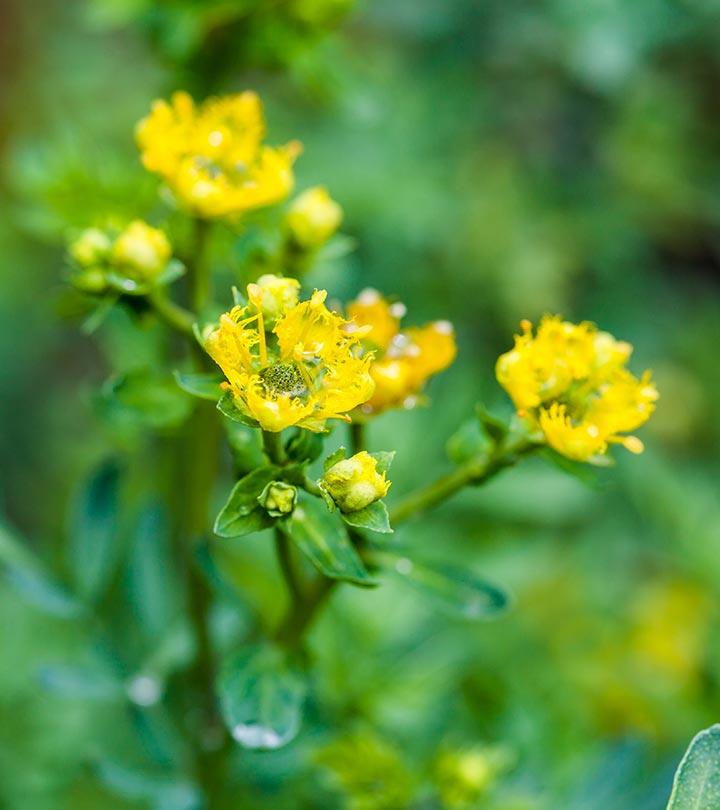
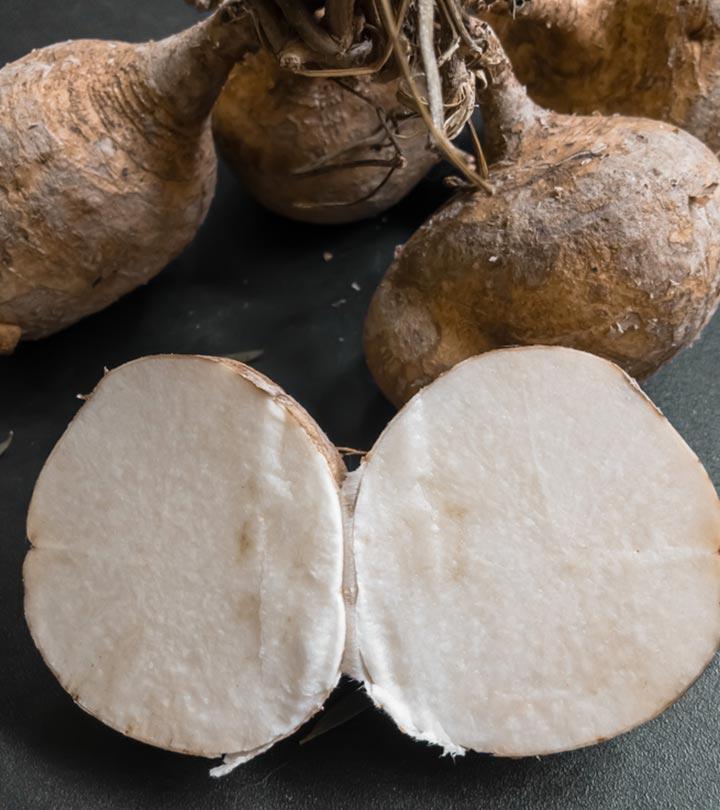
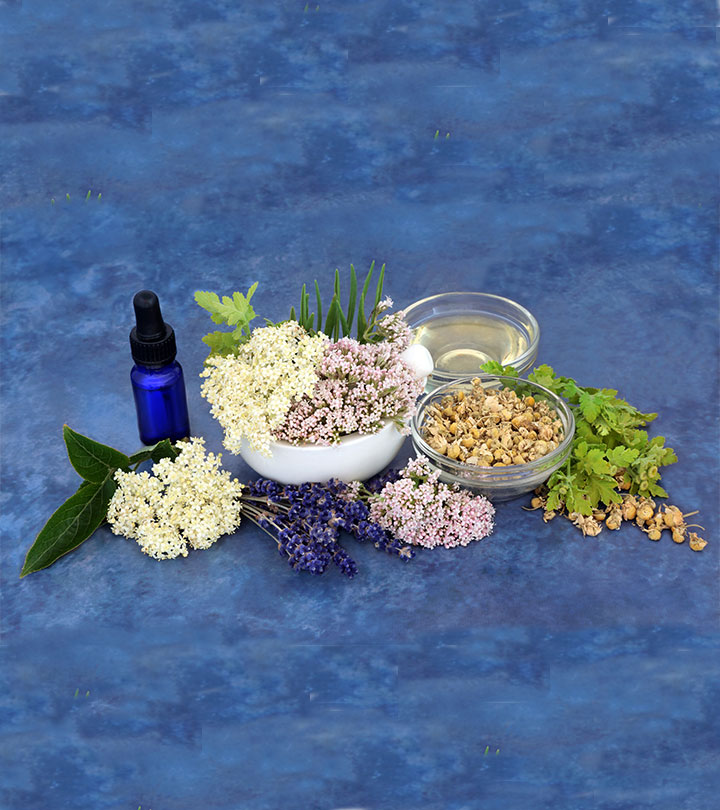
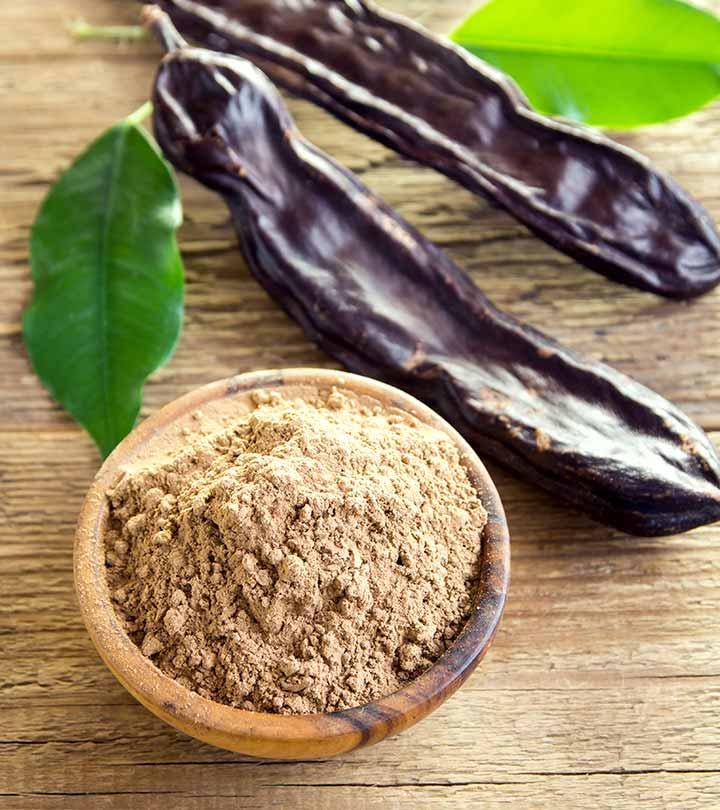
Community Experiences
Join the conversation and become a part of our empowering community! Share your stories, experiences, and insights to connect with other beauty, lifestyle, and health enthusiasts.